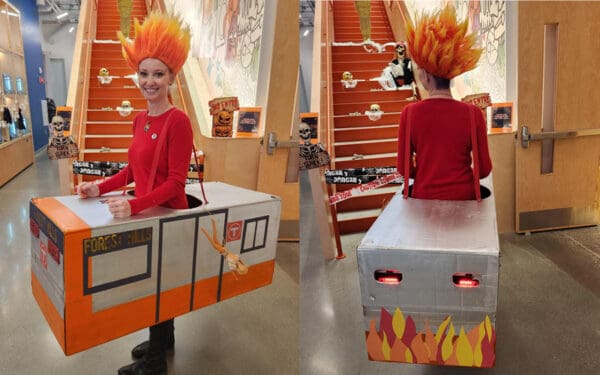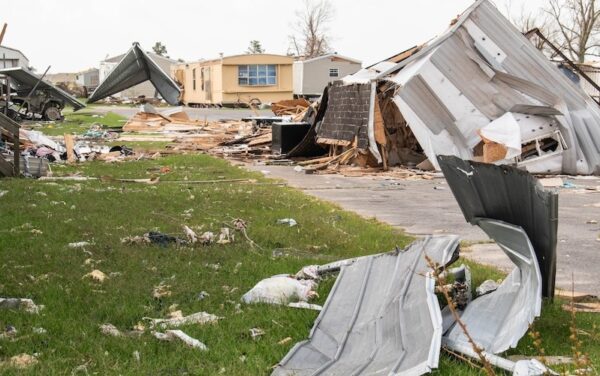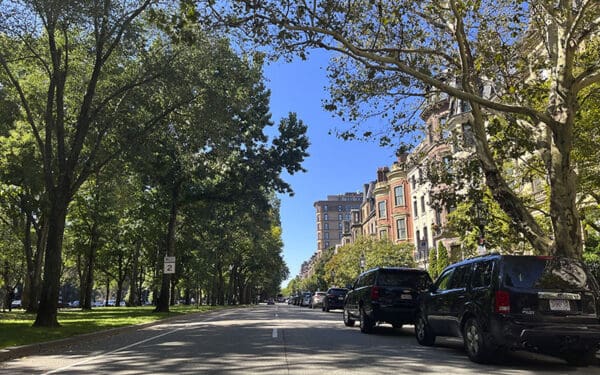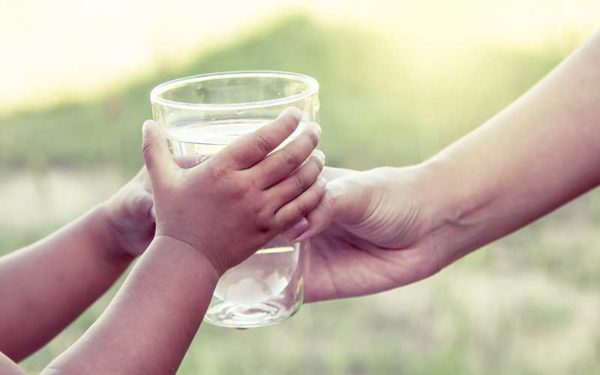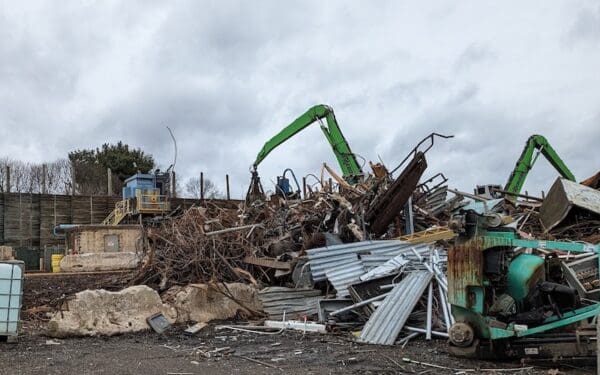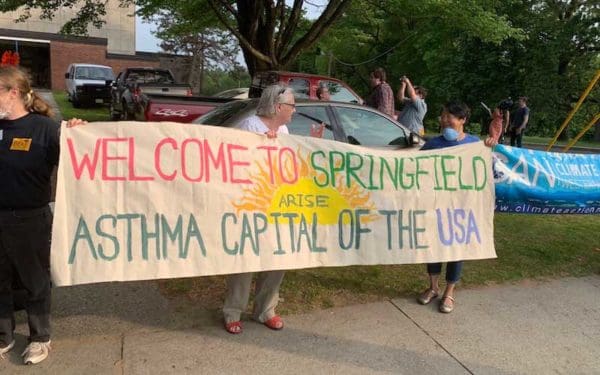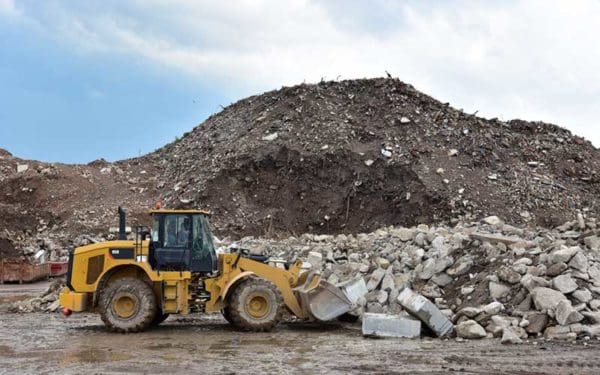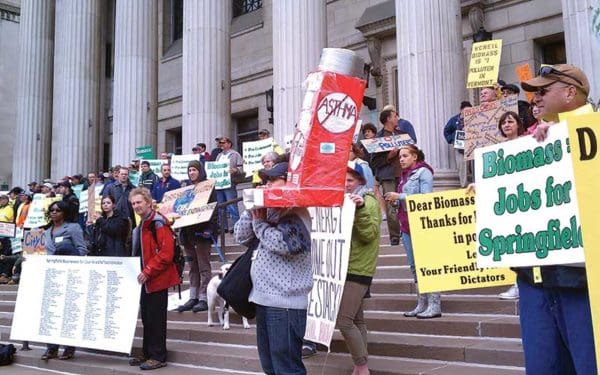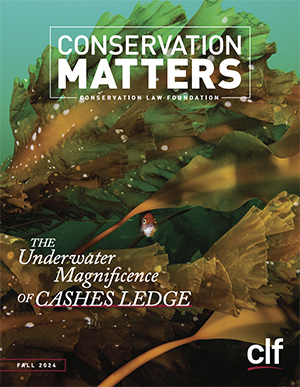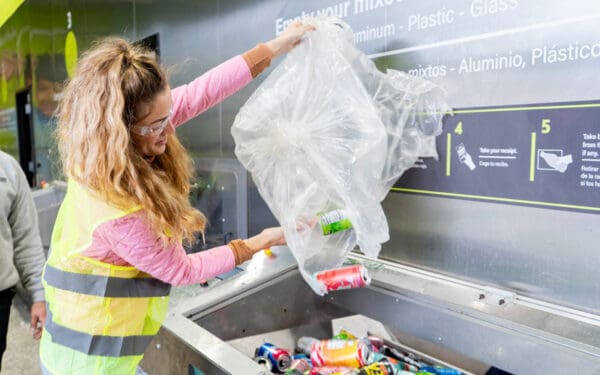Oct 24, 2024
Boston’s MBTA is crumbling, underfunded, and unreliable, leaving riders stranded and disconnected. These three terrifying truths reveal the haunting reality of our aging transit system, calling for urgent action to secure funding and prevent further collapse.
Oct 17, 2024
People are still digging out in Florida and North Carolina after two powerful hurricanes, Helene and Milton, hit this month. Neighborhoods were flooded, trees and power lines were toppled, and rising rivers even swept away some homes. The devastation was so striking it would be easy to imagine everyone felt it equally. But the fact… Continue reading What Hurricanes Helene and Milton Reveal About Storm Inequity
Oct 16, 2024
Follow our tips to nurture a strong, thriving tree canopy.
Oct 11, 2024
Earlier this year, CLF and our members submitted hundreds of comments to the EPA asking them to take swift action to remove lead from our water for good.
Oct 10, 2024
Conservation Law Foundation has notified Sims Metal of its intent to sue for Clean Water Act violations at eight scrap metal facilities in Rhode Island, Connecticut, New York and Maryland. The company’s stormwater runoff regularly polluted nearby rivers and other waterways with toxic metals like lead, copper, and zinc.
Oct 09, 2024
Conservation Law Foundation argued Wednesday on behalf of Springfield’s City Council and community before the Massachusetts Court of Appeals to block Palmer Renewable Energy’s desperate attempt to revive its biomass plant using permits that expired over a decade ago.
Oct 02, 2024
Maine Department of Environmental Protection Commissioner Melanie Loyzim issued a decision claiming the proposed expansion of the Juniper Ridge Landfill would benefit the public. This opens the door for Casella to officially apply for a license to expand.
Oct 02, 2024
The Palmer biomass plant would harm Springfield residents and those in surrounding communities. It’s taken 10-plus years to stop it. After having their permit revoked, Palmer has appealed multiple times to have it overturned. CLF is going to court to protect Springfield’s right to clean air.
Sep 30, 2024
As the impacts of climate change become more intense across New England, nature-based solutions will be a key piece of the solution.
Sep 25, 2024
Bottle bills place a small deposit on beverage containers. Consumers get that deposit back when they return the empty containers. Bottle bills tackle litter and improve recycling. Despite these benefits, the waste and beverage industries argue these programs are outdated or unnecessary. But here’s the truth: bottle bills work. Let’s dispel some myths.
